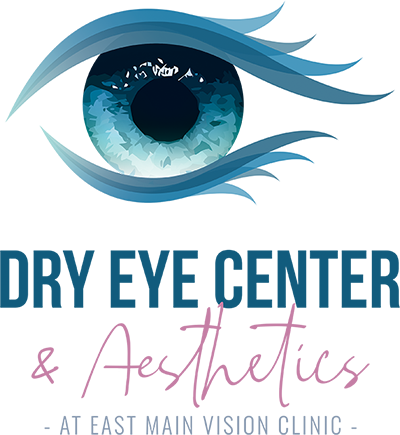February 16, 2022

Age-related macular degeneration occurs due to a deterioration of the macula, a small section in the center of the retina at the back of the eye, and results in a loss of central vision.
The name suggests it is for the aging population only, but did you know that you can take preventative measures now at any age? Genetics play a big role in macular degeneration (AMD), but lifestyle also does.
Types of Macular Degeneration
AMD appears in two forms…
Dry: A buildup of small protein deposits that accumulate in the macula. Dry AMD is necessary to follow regularly for changes but is a slow changer and the less risky of the two.
Wet: Swelling in the macula from vessels leaking. Wet AMD is more severe, and the symptoms worsen more rapidly. It is very important to be seen immediately if symptoms appear.
Signs and Symptoms of AMD
AMD is a progressive disease, which means that it becomes worse over time. Most people do not notice vision changes when the disease is in its early stages.
Some symptoms of this eye condition include:
Reduced central vision
Straight lines appear distorted
Difficulty recognizing faces
A hazy or dark spot in central vision
Proactive Measures for Macular Degeneration
Even though this can be a terrible sight-threatening disease, it isn’t all doom and gloom! Preventing AMD may not be possible, but research has shown that it is possible to reduce the risk.
Live a healthy lifestyle
QUIT SMOKING. Smoking is one of the leading causes/factors in macular degeneration
Obesity and inactivity can progress the disease more quickly
Embrace a Healthy Diet
While there is no specific diet for AMD, research suggests that eating a diet rich in anti-inflammatory and antioxidant-rich foods decreases the risk. This includes fruits, vegetables, whole grains, nuts, seeds, fatty fish, and oils.
Wear Sunglasses & Blue Light Blockers
Blocking harmful ultraviolet (UV) light rays from the sun and from screens/devices can contribute to damage to the retina. Wearing protective sunglasses or blue light-blocking glasses keeps the tissue in the back of the eye strong, this is especially important for individuals with light colored eyes, less pigmentation allows for light to penetrate further in the back of the eyes.
Did you know Dr. Day’s specialty is growing? He follows patients with the disease and can also refer patients to a local highly qualified specialist if extensive treatment is required.
The #1 thing you can remember about Age-Related Macular Degeneration is…if you experience sudden vision loss, call immediately! Dr. Day and East Main Vision Clinic is here to help with all your vision needs. Call 253-780-0700 to schedule an appointment.



